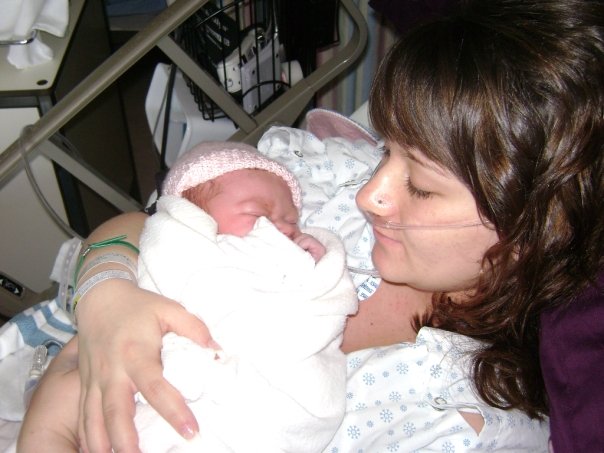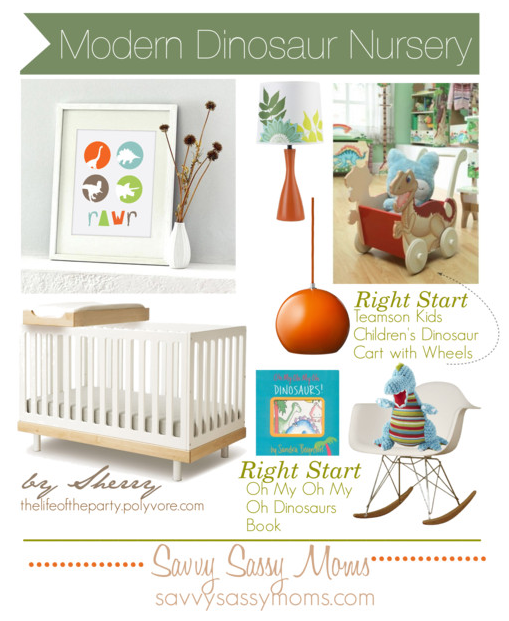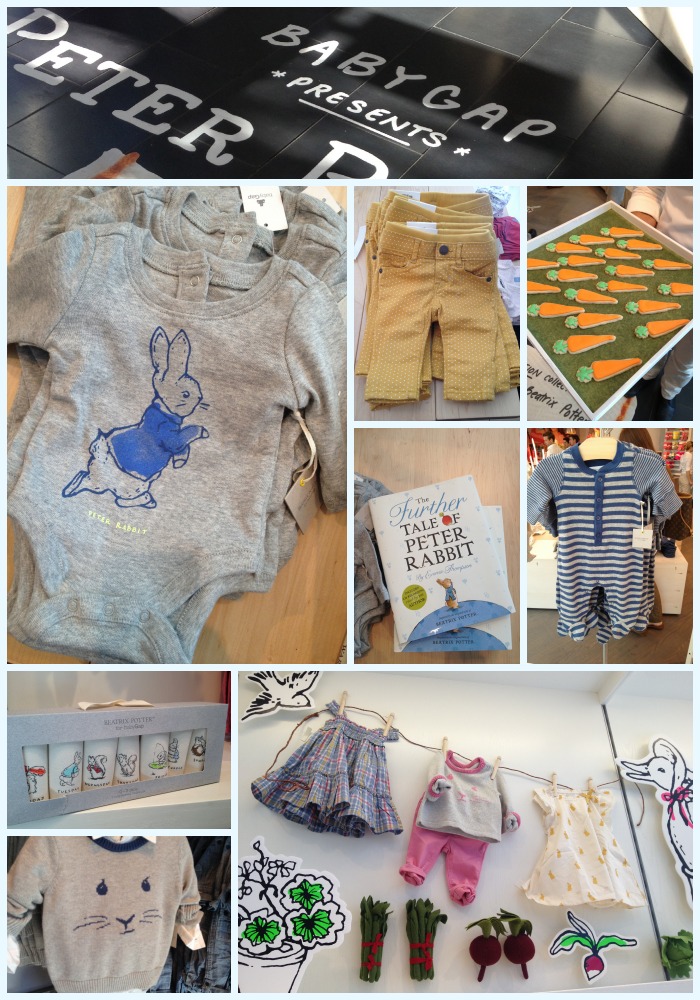When I was pregnant with our daughter Tatum, I thought I knew a great deal about how birth went. I read all of the “What To Expect” books, my husband and I took the prenatal class through our hospital, and I followed all of the advice of my doctor. But I found when I was in labor with Tatum, I found that I felt completely overwhelmed and not in control of the decisions that were being made. I obediently followed what my doctors told me, and in the end I was left with a birth experience that was far from what I had imagined. I have always felt that had I known more about my options as a birthing mother, I could have changed the course of my first birth experience.
After my c-section with Tatum, I immersed myself in reading and researching women’s birth rights and options. I had no idea that there were so many alternatives I could have taken or that I could have questioned the routine procedures that were being performed on me. I followed most of the “main-stream” advice that I received from well-intentioned friends and family members, but I never took it upon myself to delve further into how a woman’s body naturally behaves during labor, and how to cope with each stage. Looking back, I truly believe my cesarean section was not needed, and I was simply rushed along at the hospital, when what my body really needed was time, and a safe, quiet birthing place. It’s not to say that I don’t believe that c-sections are a useful and lifesaving tool when they are done out of necessity. But it is true that they are becoming a normal part of birth and over-performed. Even women that have a vaginal birth sometimes go through a birth experience that leaves them feeling taken advantage of and abused, and there are many things we can do to avoid them when armed with the correct knowledge.
Since Tatum’s birth, I have been adamant about having a VBAC for my next child. I’ve made sure that I know what exactly my body is doing during labor and delivery so I can ensure that only what needs to be done at that time is being done. If a medical emergency arises, then we are aware that we will have to deviate from our plan. A big part of becoming my own birth advocate has been to involve my husband in the process so he can advocate for me during my labor and birth. I remember hardly being able to concentrate on what the doctors were telling me during my first labor, and I quickly agreed to what they were saying because I needed to retreat back into my own space to focus on the work my body was doing. Had my husband and I been more informed about our choices, I could have left the talking up to him while I did what I needed to do, and be confident in the fact that my wishes would be kept. That is one of the biggest parts about being your own birth advocate: involving your partner as much as possible in the process so they can be as equally informed as you.
Did you know that you can question or even say no to certain procedures that you don’t feel comfortable with or aren’t necessary? I had no clue that I was able to say no to anything during my first pregnancy, and I wish I had. I had cervical checks done starting at 36 weeks (which accomplished nothing and irritated my body), membranes stripped at 38 weeks, and my water artificially broken during my labor. I was told that my labor was a “failure to progress,” even though I had barely been going for ten hours and was dilated to a mere 4cm before they decided it was time for a c-section. I did not ask for skin-to-skin contact after my c-section because I didn’t realize that was an option. I missed out on that crucial hour after birth with my baby. These were all things that I thought were necessary and just a part of what you agree to — not things that you can refuse or ask about alternatives for. This aspect of my second pregnancy and birth has been huge for me — reading about the commonly performed procedures, what they accomplish, what alternatives there are and why they may or may not be right for you.
I’ve read countless books, turned to online support groups and websites dedicated to helping women make the best choices for themselves during their pregnancy, labor and births. I love how in these communities, birth is viewed as a beautiful, wonderful experience to celebrate — and not something to fear or dread. My husband and I have hired a doula to help us through the process. I feel so much more prepared and confident — two words I would not have used to describe my last pregnancy and delivery experience. I feel empowered and excited about labor and birth, something I wish all women could feel (and believe they can feel!). Arming myself with knowledge, having prepared my body as much as possible (I can never thank prenatal yoga, light exercise and birthing ball exercises enough!), and knowing that my body is made to do this and the pain is purposeful are things that have made me feel confident enough to be my own birth advocate and not feel fearful of what lies ahead.
I absolutely admire doctors and the wonderful interventions they can provide if they are completely necessary. We are lucky to live in a time where we have these options if ours and our babies’ lives depend on it. But for the majority of us, our bodies know what they are doing without having to be poked, pushed and prodded. Our babies can avoid unnecessary harm from interventions that are not needed. We can say no to being induced because we may have a “big” baby, or because we are two days over our due date. We can question, refuse, or ask for appropriate alternatives for commonly performed procedures.
For any women who are embarking on the amazing journey of pregnancy, labor and birth, know that you have the power to become your own birth advocate. Read, immerse yourself in knowledge, and go deeper than the information you receive at your doctors office or your prenatal birth classes. You have the final say. It is YOUR birth. It may be another day on the job for your doctor and the hospital staff, but it is a once-in-a-lifetime moment for you and your baby. It can be a beautiful, satisfying experience that you and your partner will remember forever.
“We have a secret in our culture, and it’s not that birth is painful. It’s that women are strong.”
– Laura Stavoe Harm









Comments
Pingback: 6 Things Labor Taught Me